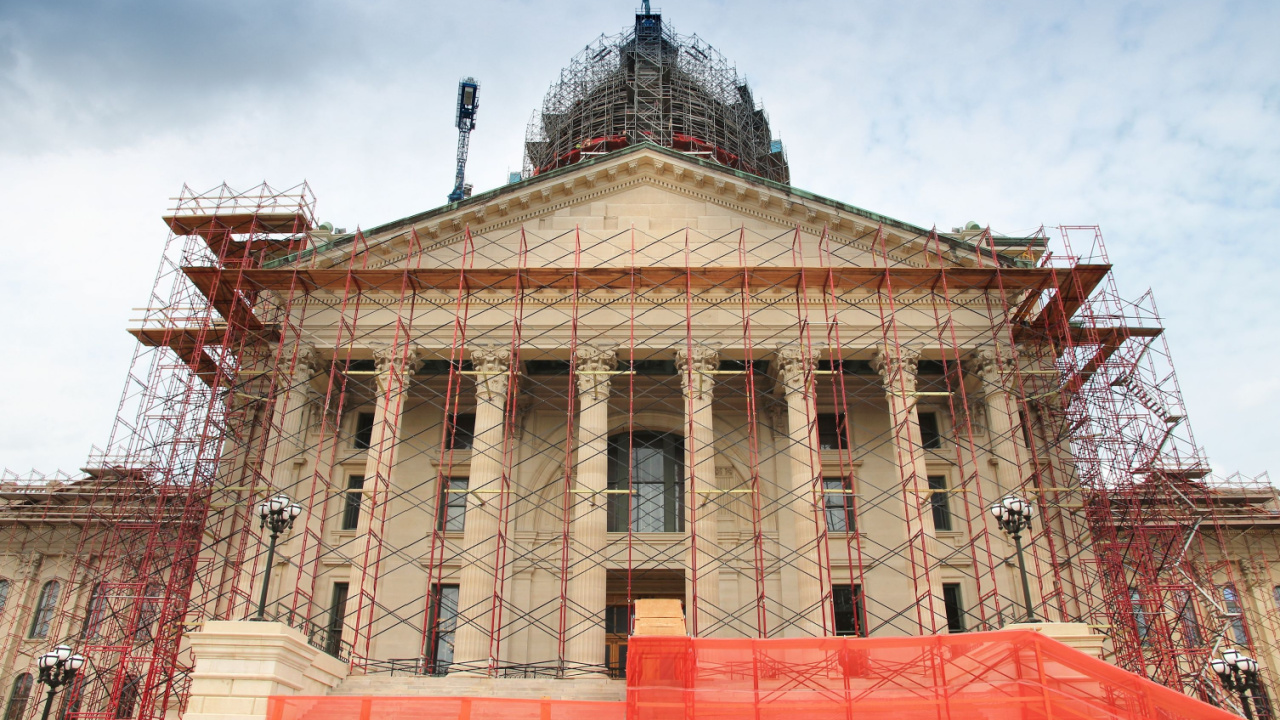
Reconciliation Package Could Have Devastating Impact on Construction
As Democrats in Congress continue negotiations surrounding the budget reconciliation proposal, the policies included therein would have a devastating impact on businesses in the United States, including many of the country’s small construction firms.
According to details on planned tax increases released and passed by the House Ways and Means Committee, Democrats seek to enact significant changes to the tax code to help pay for the package, which is likely to be in the trillions. While President Biden pledged that no tax increases would impact Americans making less than $400,000 a year, many small construction businesses making less than $400,000 would be harmed by these tax proposals.
Most devastating for many small businesses across the country would be the implementation of a top combined rate on pass-through income of 46.4%, an increase of more than 16% when compared to the current rate. The bill’s cap on the Section 199A deduction for pass-through businesses, which would limit the maximum allowable deduction for individuals to $400,000 and joint filing to $500,000, would represent an increase of more than 16% when combined with the enforcement of a 3.8% tax on active business income, a 3% surtax on top earners and an increase in the top marginal rate for taxpayers to 39.6%.
The Section 199A deduction was a provision included in Republicans’ signature 2017 tax law, the Tax Cuts and Jobs Act, to ensure parity between small businesses and larger corporations in the tax code. This drastic increase in taxation would make it tougher for many construction businesses to hire new workers, as well as provide competitive pay and benefits for their employees, and could force owners to sell their businesses or close their doors for good.
The proposal would also eliminate the doubling of the estate tax exemption from the Republican’s Tax Cuts and Jobs Act of 2017 at end of 2021 rather than the current sunset of 2025, along with changes to various valuation and trust rules under the current tax code that would have an additional impact on many family-owned businesses.
Other provisions of the bill would have a severe impact on the construction industry, including massive changes in federal labor law that would impose astronomical costs on businesses for violations of the National Labor Relations Act and the Occupational Safety and Health Act, including single fines of up to $700,000. Workers’ rights, health and safety are paramount for the construction industry, but these fines could be imposed without proper due process for employers and could disproportionally impact smaller businesses who would also face increased compliance and legal costs. Further, these new penalties only target employers and not labor organizations, establishing a skewed, biased standard against our nation’s employers.
Additional provisions in the bill that would impact the construction industry include the expansion of prevailing wage requirements, a tax credit “bonus rate” for contractors that provide prevailing wage rate to employees and allocated labor hours for registered apprentices on construction projects, and an allowance of up to $250 for dues to a labor organization to be claimed as an above-the-line tax deduction.
While all of these proposals are subject to change during the continued negotiations surrounding the budget reconciliation bill and could also be stripped out of a reconciliation package via the Senate’s Byrd Rule, many Democrats in Congress have lent their support for these measures, setting a clear marker on policy objectives and potentially neglecting the nation’s small businesses that are still seeking to recover from the damage of COVID-19.
Related stories








